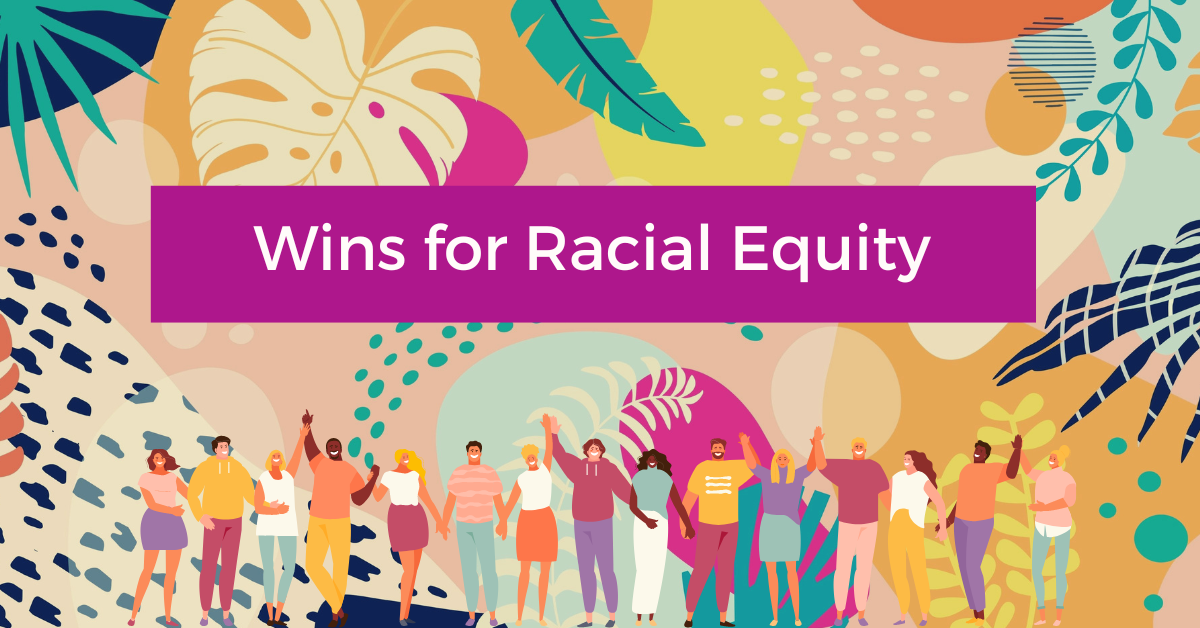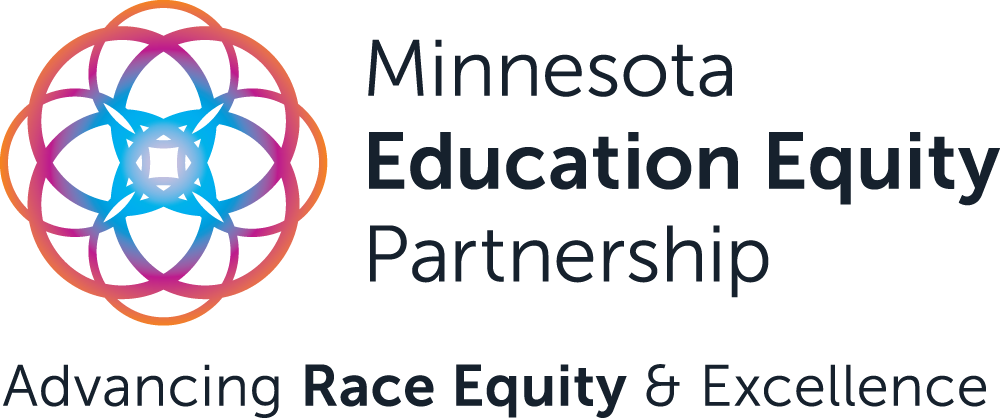
Free college: A win for racial equity in Minnesota
How new bills will advance racial equity in higher education
Minnesota Education Equity Partnership (MnEEP) applauds the historic efforts of the Minnesota House, Senate, the Higher Education Finance and Policy Committee, and the Higher Education committee for advancing tuition-free college for families making $80k or less.
It’s been an honor working alongside the Senate Higher Education Committee Chair Omar Fateh, Vice Chair Aric Putnam, Committee Administrator Sam Parmekar, and the MnEEP team to inform, analyze, and shape new higher-ed bills to center racial equity.
While the final bill doesn’t contain all of the race equity-centered recommendations MnEEP had been advocating for, it includes the increase from 109% to 115% of poverty on the Living and Miscellaneous Expenses (LME) and the extension of state grant eligibility from 120 to 180 credits.
These are critical pieces MnEEP and the College Race Equity Advocacy Advisory Council (CREAAC) have been advocating for the past four years to advance racial equity in higher education for People of Color and Indigenous (POCI) students.
Extending the State Grant eligibility
Extending the credit eligibility in State Grant formula was a critical win for POCI students, who make up a larger share of transfer students, working students, and students in developmental ed courses and have long been penalized under the previous State Grant formula that ends at 120 total credits.
Changing the existing policy to provide more time and financial aid by giving students enough State Grant eligibility to complete bachelor’s degrees will more proportionally support POCI students and transfer students to complete college and attain a degree.
This policy change will also better support students whose bachelor’s degree programs take more than 120 credits to complete, such as those pursuing teaching, nursing and engineering.
In addition, the new higher-ed bill includes free college for undocumented students. It defines an “eligible student” as a resident student under 136A.101, which includes those who are undocumented.
The change to the state grant aid formula, which has long been a barrier for POCI students, also ensures more undocumented students will have access to higher ed in Minnesota.
At MnEEP, we are grateful these additions were included in the bill and for Sen. Fateh’s commitment to using a race equity lens to build policies that serve more POCI students.
Addressing the debt burden for POCI students
These new policies are a crucial first step for increasing higher-ed access and completion for Minnesota’s growing number of POCI students.
According to the Institute for College Access and Success, in 2019, graduates in Minnesota had the 11th-highest average student-loan debt in the country. Minnesota ranked 5th in the nation in percentage of 2019 graduates with student-loan debt, at 66 percent.
This higher-ed barrier and debt burden has consistently fallen on POCI students, who are disproportionately from lower-income families.
MnEEP research shows lower-income and middle-income POCI students are more likely to take out student loans to finance their half of tuition costs, fees, living, and miscellaneous expenses, further exacerbating their debt burden and increasing the chances they will have to work while they attend school and, potentially, not complete college by attaining a degree.
While these historic investments in higher education will not entirely rectify years of underinvestment by the state of Minnesota into higher education relative to inflation, it is an important first step toward building a more equitable and just Minnesota.
Targeting investments in education, and in this case higher education, is exactly what we need to support POCI students and communities. Investing in targeted ways in POCI communities is not only good policy, it is morally just and what we need in Minnesota if we are to thrive as a state and as a people.
Onward, forward to a new condition of racial equity and justice.

